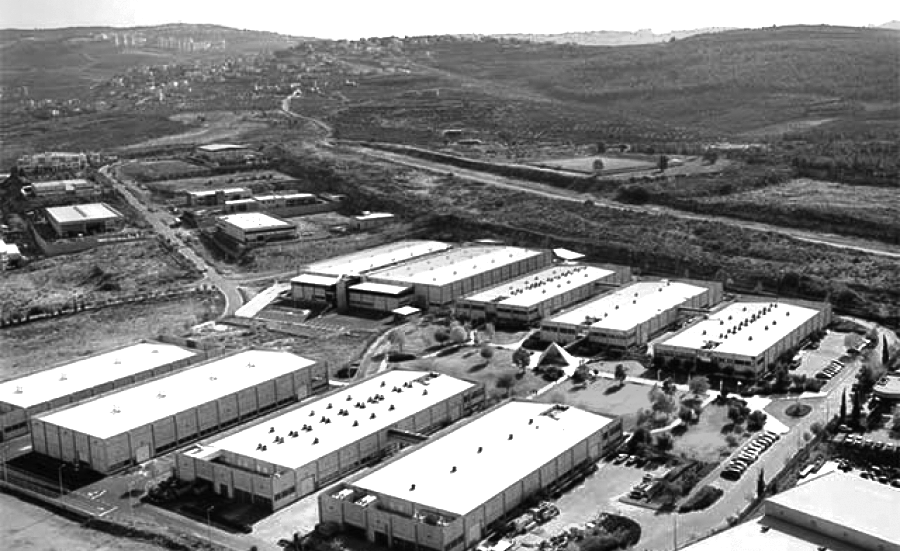
In the past three years, Ethiopia has been undertaking a deep political transition. Following the severe political repression which resulted in the violation of human rights and restriction of freedom of speech and freedom of press, citizens went out to the streets to protest and demanded radical change.
While Ethiopia has registered successive economic growth for over a decade, the three years protests have had their own effect on the economy. In addition, since the coming to power of Prime Minister Abiy Ahmed, the government has prioritized political and democratic reforms which are understandable as it is the demand for political freedom that in the first place led to the protests.
Accordingly, his government has opened up the entire political space for freedom to flourish in the country. But as it has been almost a year since the start of the reform, it is high time to give due emphasis to stimulate radical economic recovery. Last Saturday and Sunday, the Prime Minister’s Office has organized ‘Addis Weg’, a forum to appraise the process of last year’s reform and change initiatives.
One of the topics of the discussion, where prominent personalities took part, was on the major economic challenges the country is facing. The experts and commentators on the occasion said there is a need for policy reform and structural change to reinforce economic recovery. According to the experts in the various fields of economics, for Ethiopia to get out of the economic problems it is facing, the rural development and land ownership policies have to be reformed.
In addition, it is a must that the government ensures peace and stability, as well as supremacy of the law. The state has to also minimize its political pressure on the economy. Desalegne Rahemeto, a scholar who has conducted several studies on Ethiopia’s land ownership system said land ownership is facing several challenges. “There is a huge scarcity of arable land. Many youths in rural Ethiopia do not own land;” he said adding “Rural land has become an issue of dispute as the youth are now requesting their families to share with them a portion of their arable land.”
Even if there is a tangible change in terms of improving agricultural productivity in Ethiopia, he claimed that growth is not an outcome of a plan to modernize the sector in a sustainable manner. In fact, it is not a sustainable growth in the sense that it is just a result of the distribution of imported fertilizer to farmers. “Even though the agricultural productivity has shown increment, the producers have not still been able to ensure food self-sufficiency,” said Desalegne.
The numbers of farmers who have been affected by drought and become aid recipients of food security programs have been increasing in the last 10 years. And to improve this situation, there is a need to come up with new rural development and land ownership policies by making sure the active participation of the public. “Particularly, to become free of the rain-fed agriculture, it is imperative to allocate a huge amount of investment in the water sector.
It is also necessary to up the culture of innovation. Farmers have to be able to access credits easily.” Indicating that the rising cost of living, unemployment, shortage of foreign currency and debt pressure are the major symptoms of the economic problems the country is facing signs of economic problems in Ethiopia, Dr. Seid Nuru, senior researcher at the Ethiopian Economic Association said that in order to recover from the economic crisis it is a must that the government has to be able to create conducive environment for investment, ensure peace, stability, and justice and institutionalize simple tax system.
“The exclusion of citizens from the economy or the perception that they have been excluded or that it is only possible to accumulate wealth through fraud and scam would pose a huge challenge in achieving the desired economic recovery,” he said. Hence, it is also vital to enable citizens to get rid of this mentality by putting in place an economic system that allocates resources to all Ethiopians fairly as per their effort.
Though Ethiopia has acquired grants and loans from different countries and international financial institutions, they have not been invested wisely in profitable projects. A portion of the finance has also ended up in the hands of thieves, he stated. In addition, due emphasis has to been given to finalizing ongoing projects.
“As it is the case in all sectors, agriculture also requires a high level of effort technology and skilled manpower,” he said adding, it is inevitable that those who do not succeed in agriculture would incline to sell their land and migrate to urban areas. The land policy has to be reformed to provide them with other alternatives. “Currently, the atmosphere in the finance sector is intense,” said Zafu Eyesuswork Zafu, Economic and Insurance Sector Expert.
As peace and stability are the major backbones of the economy, they have to be ensured. The government has to reduce its political influence on the economy. It has also need to allow the Diaspora and foreigners to enter into the finance sector, and provide genuine support to the private sector.
The Ethiopian Herald, March 28/2019
BY ABIY HAILU




